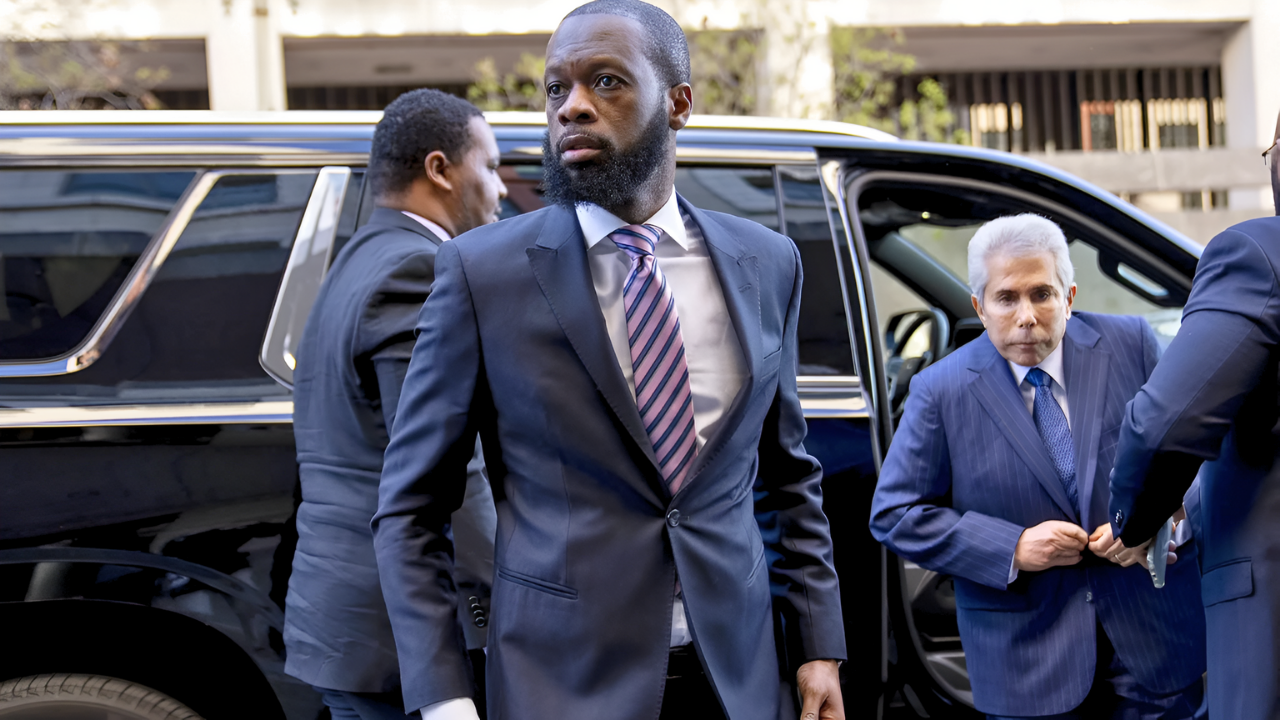
Prakazrel “Pras” Michel, founding member of the legendary Fugees hip-hop group, was sentenced to 14 years in federal prison on November 20, 2025. The 52-year-old rapper was convicted on ten counts including conspiracy, money laundering, witness tampering, and acting as an unregistered foreign agent.
His sentencing marks the conclusion of a significant prosecution involving illegal foreign influence in American politics.
A Landmark Career in Hip-Hop

Michel co-founded the Fugees in 1990 with Wyclef Jean and Lauryn Hill, emerging as one of hip-hop’s most innovative groups. Their 1996 album “The Score” became a cultural phenomenon, achieving 7× Platinum certification and spawning international hits like “Killing Me Softly.”
The trio won two Grammy Awards in 1997, with “The Score” winning Best Rap Album and the group winning Best R&B Vocal Performance by a Duo or Group. Michel’s career represented the pinnacle of musical success before his criminal conviction.
Federal Prosecution’s Core Arguments
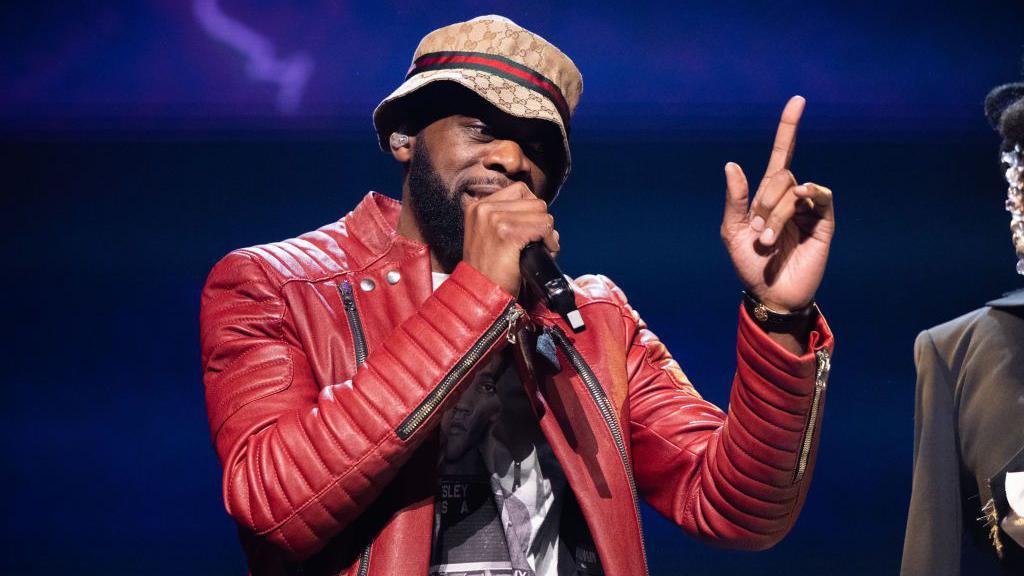
Federal prosecutors argued that Michel “betrayed his country for money” and engaged in criminal conduct spanning nearly a decade across two presidential administrations.
The Justice Department presented evidence of coordinated conspiracy involving foreign nationals, campaign finance violations, and foreign influence operations designed to manipulate U.S. policy. Prosecutors emphasized that Michel not only participated in illegal schemes but also attempted to obstruct federal investigations and tamper with witnesses during the prosecution.
The Sentencing Decision
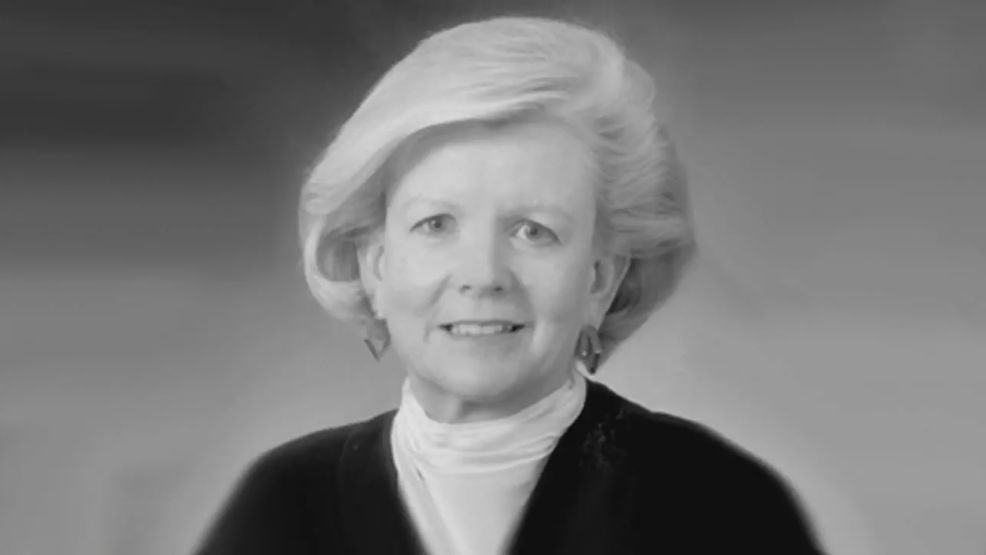
U.S. District Judge Colleen Kollar-Kotelly imposed a 14-year sentence on November 20, 2025, significantly below the life sentence prosecutors requested. Michel received substantial additional penalties including forfeiture of $64.9 million and three years of supervised probation following his release.
The court scheduled Michel’s surrender for January 27, 2026. Michel declined to address the court before sentencing, maintaining his silence throughout the proceeding.
The Obama Campaign Donation Scheme
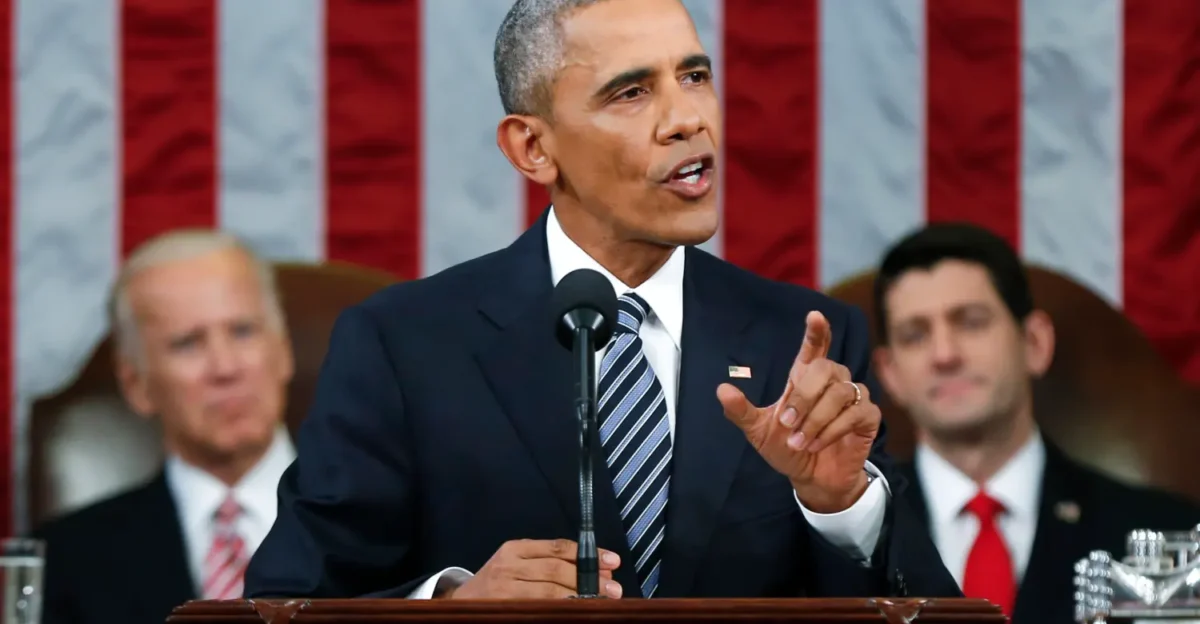
Between 2011 and 2012, Michel received approximately $120 million from Malaysian financier Jho Low, who had allegedly embezzled funds from Malaysia’s 1Malaysia Development Berhad (1MDB) sovereign wealth fund. Michel orchestrated a conspiracy to funnel nearly $2 million into President Barack Obama’s 2012 reelection campaign through approximately twenty straw donors who were unaware of the foreign source.
Michel recruited attendees for exclusive Obama fundraising dinners and reimbursed them with foreign money while threatening them to maintain silence about the source.
Trump Administration Lobbying Operations
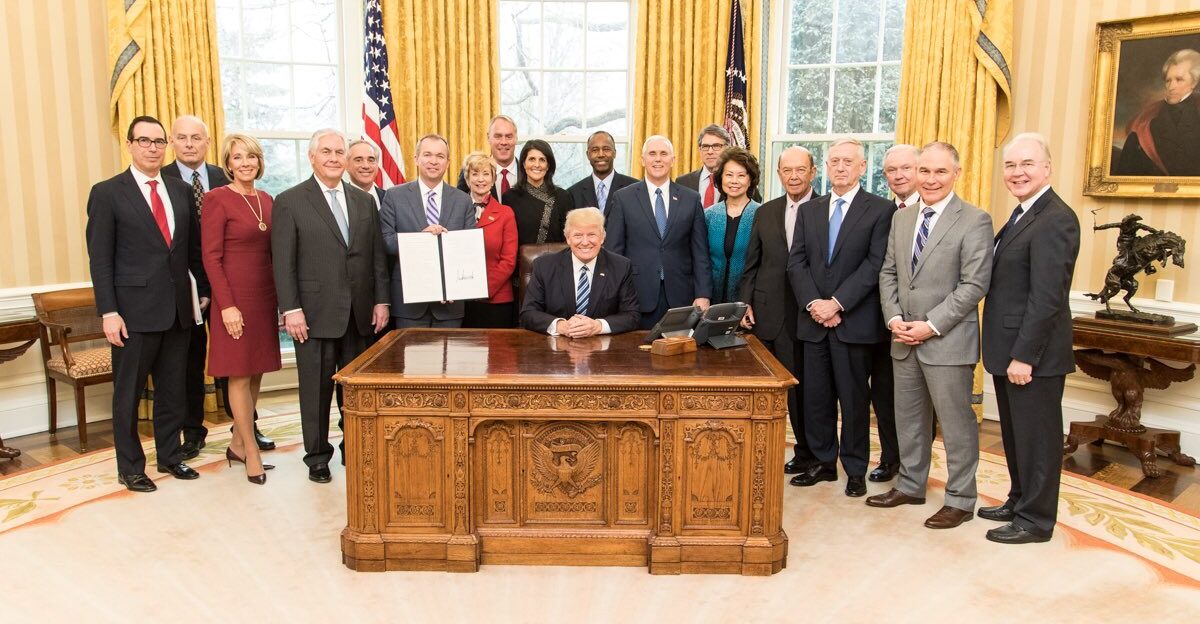
During the Trump administration from 2017 to 2018, Michel engaged in back-channel lobbying efforts designed to achieve two primary objectives. First, he sought to end Justice Department investigations into Jho Low regarding the 1MDB embezzlement scandal.
Second, he attempted to facilitate the extradition of Chinese dissident Guo Wengui from the United States back to China. Michel worked alongside Republican fundraiser Elliott Broidy and others to influence Trump administration officials without disclosing these foreign relationships, violating the Foreign Agents Registration Act (FARA).
Jho Low’s Network of Influence
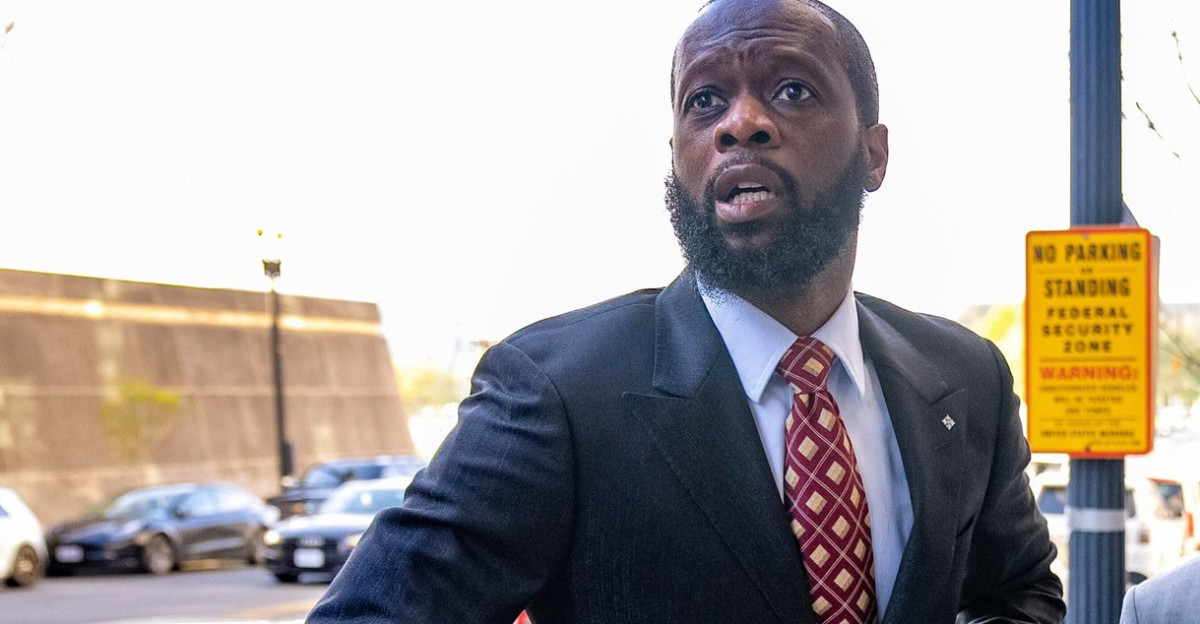
Jho Low used misappropriated 1MDB funds strategically to cultivate relationships with wealthy and influential Americans through lavish parties and luxury investments. The Malaysian financier financed the 2013 film “The Wolf of Wall Street,” starring Leonardo DiCaprio, which provided him access to celebrities and powerful figures in the entertainment industry.
Low’s network extended across entertainment, political, and business sectors through his systematic distribution of stolen Malaysian wealth.
The 1MDB Scandal Context
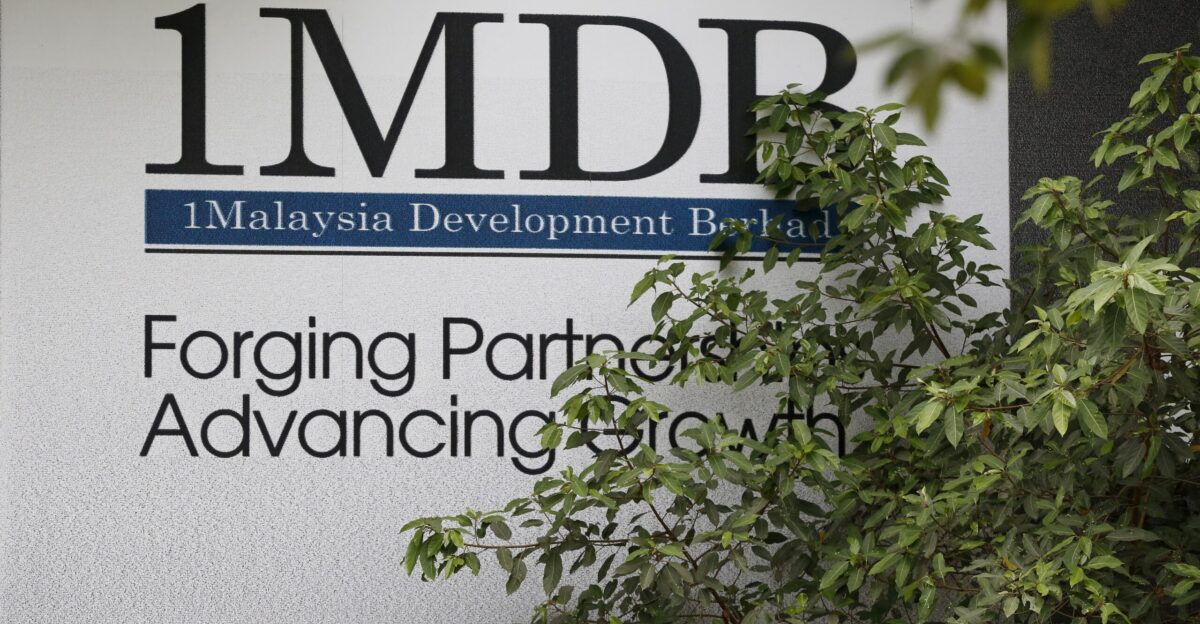
The 1Malaysia Development Berhad scandal represents one of the world’s greatest financial scandals, involving over $4.5 billion stolen from a Malaysian sovereign wealth fund between 2009 and 2015.
Jho Low orchestrated the theft through offshore shell companies and used the stolen proceeds for luxury purchases, political influence campaigns, and entertainment industry investments. Former Malaysian Prime Minister Najib Razak faced prosecution and imprisonment for his role in the scheme.
Leonardo DiCaprio’s Courtroom Testimony
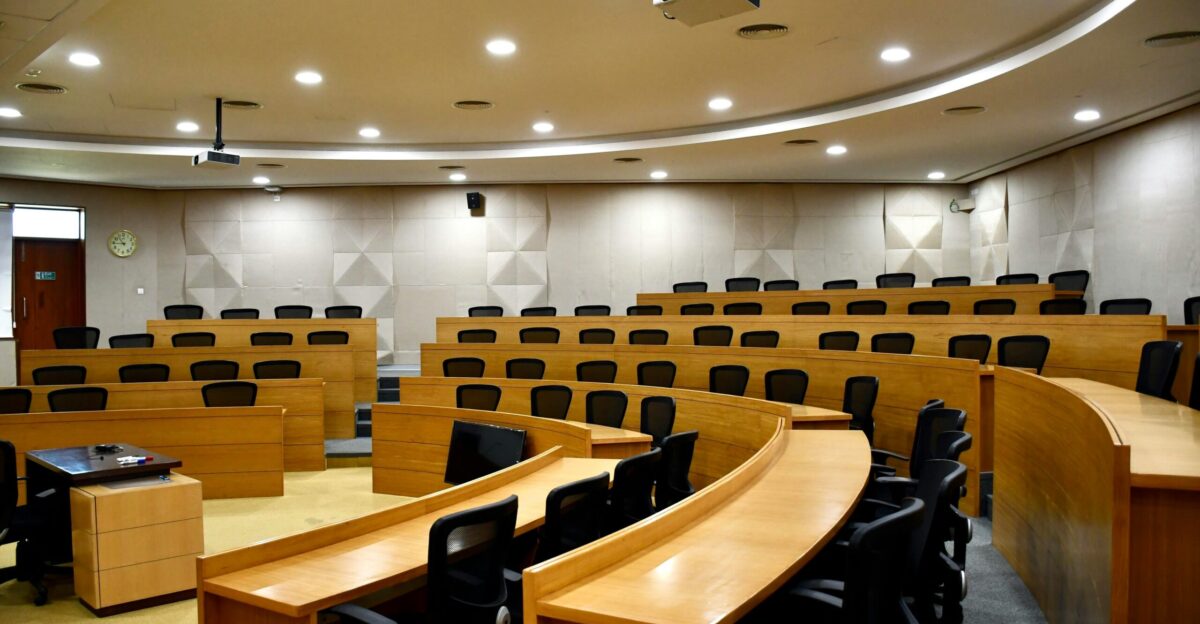
Academy Award-winning actor Leonardo DiCaprio testified at Michel’s trial regarding his relationship with Jho Low and the financier’s documented lavish lifestyle. DiCaprio explained how Low hosted “a multitude of lavish parties” and appeared to possess substantial wealth through his investment in “The Wolf of Wall Street.”
Prosecutors utilized DiCaprio’s firsthand testimony to demonstrate how Low leveraged stolen money to cultivate relationships with celebrities and influential individuals.
Former Attorney General Sessions’ Testimony
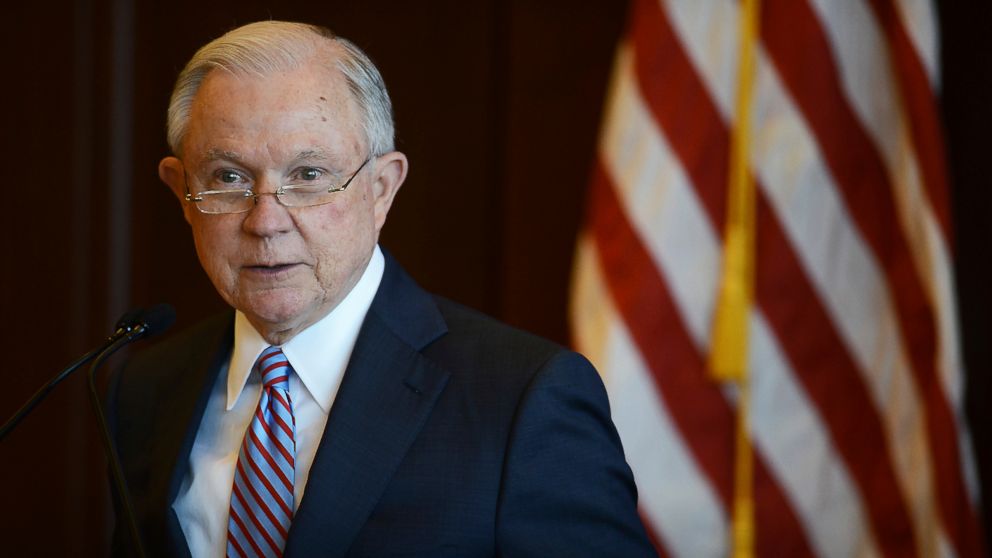
Former U.S. Attorney General Jeff Sessions testified regarding interactions related to Michel’s lobbying efforts during the Trump administration. Sessions’s testimony helped prosecutors establish the scope and timeline of Michel’s efforts to influence government policy during the Trump presidency.
The former attorney general provided crucial context about how foreign influence attempts reached the highest levels of the executive branch.
The Guilty Verdict

A federal jury convicted Michel on all ten counts in April 2023, finding him guilty of conspiracy, concealment of material facts, making false entries in records, witness tampering, and money laundering violations.
The jury determined Michel had served as an unregistered agent of foreign powers while violating campaign finance laws across multiple years. Conviction on all counts eliminated any possibility of acquittal on specific charges.
Co-Defendants Received Dramatically Different Sentences
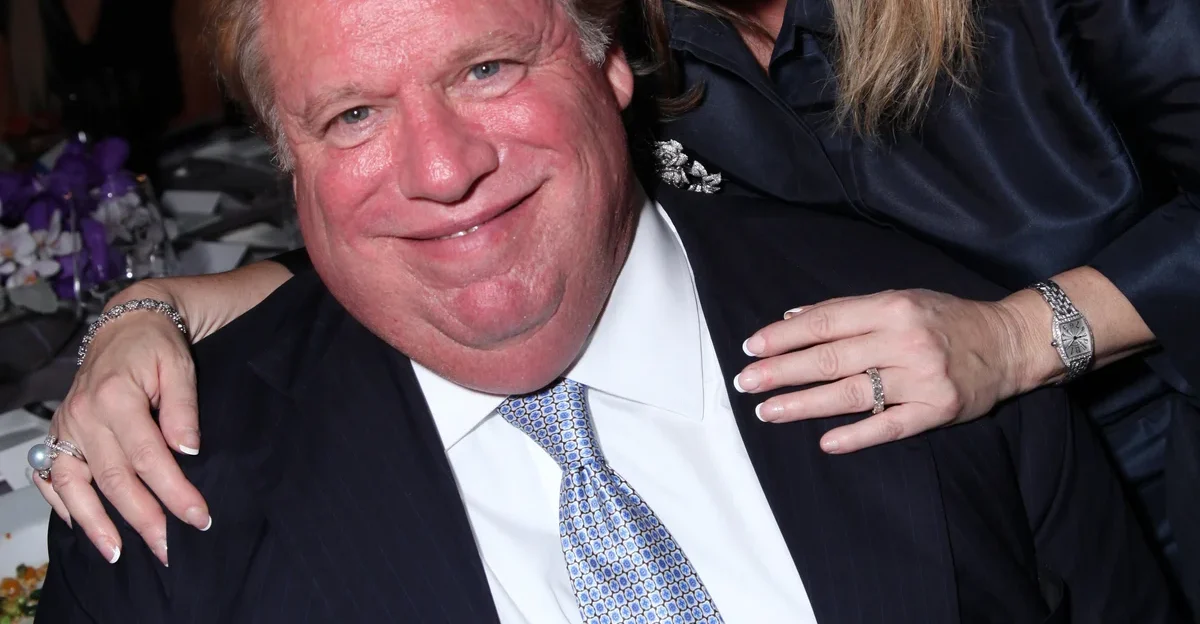
Elliott Broidy, the Republican fundraiser and former Republican National Committee finance chair who participated in the same schemes, was pardoned by President Trump in January 2021 after pleading guilty to unregistered foreign lobbying.
George Higginbotham, a former Justice Department attorney involved in the conspiracy, received only three months’ probation for his role. Nickie Lum Davis received a 24-month sentence for conspiracy charges.
Defense Arguments Regarding the Trial Penalty
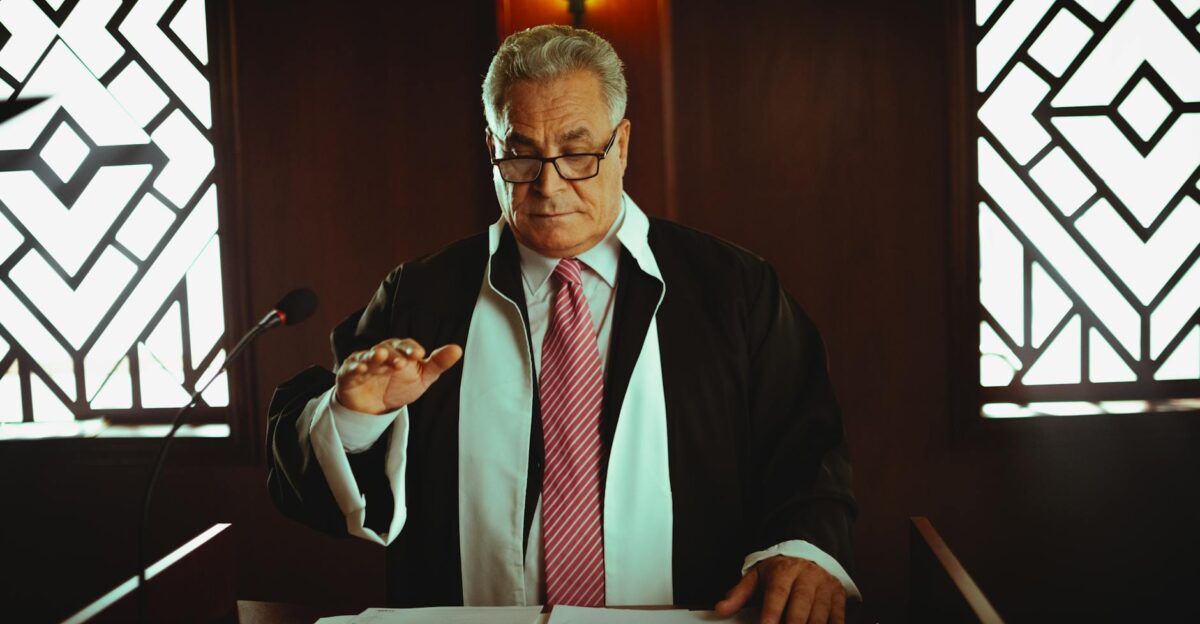
Michel’s defense team argued that his 14-year sentence represented punishment for exercising his constitutional right to trial rather than accepting a plea agreement. Attorney Peter Zeidenberg contended the sentence was “completely disproportionate” and “absurdly excessive” for the charges Michel faced.
Zeidenberg argued that sentences exceeding fourteen years typically involve violent terrorists or drug cartel leaders, not white-collar foreign influence operatives.
Comparative Analysis of Federal Corruption Sentences
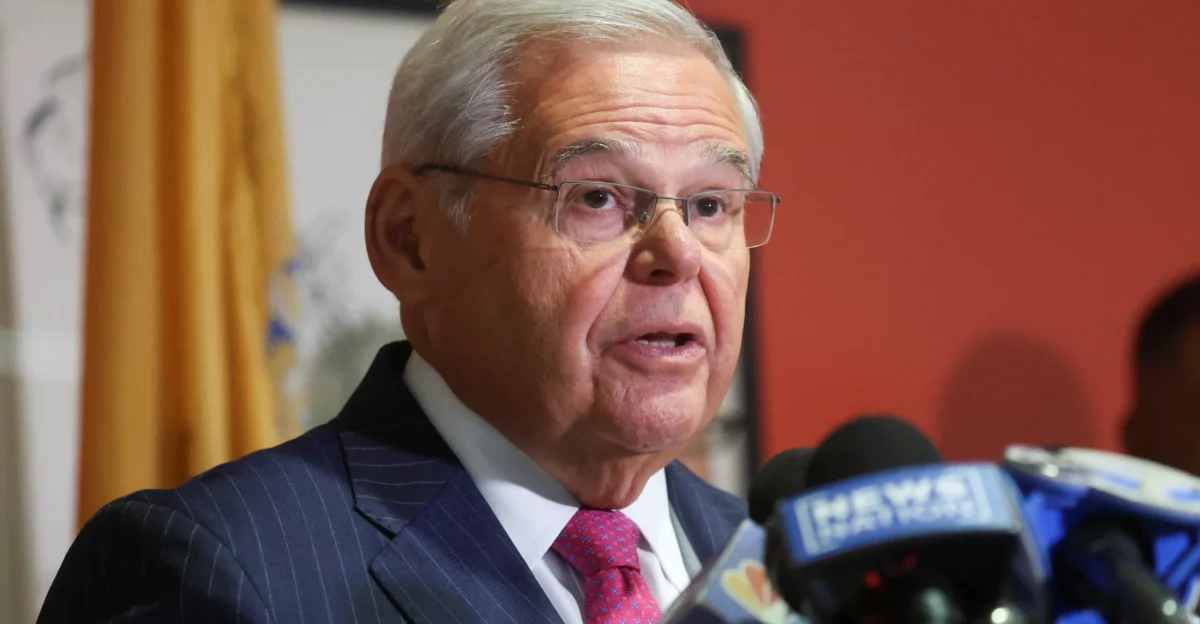
Defense attorneys highlighted that Michel’s 168-month sentence exceeded that of former Senator Bob Menendez, who was convicted of providing clandestine military assistance to Egypt while serving as chair of the Senate Foreign Relations Committee.
Federal prosecutors had sought a 15-year sentence for Menendez despite his higher government position and greater access to classified information. The comparison underscored defense arguments that Michel’s sentence was disproportionate relative to similar federal corruption prosecutions.
Plans for Appellate Challenge

Michel’s legal team announced plans to appeal both the conviction and the 14-year sentence, characterizing the punishment as unjustified and excessive. Attorneys argued that the severity of the sentence did not correspond to Michel’s role compared to other co-defendants who received substantially minimal consequences.
The appeal will likely challenge both the sufficiency of evidence and the appropriateness of the sentencing determination by Judge Kollar-Kotelly.
Experimental AI Technology in Trial Closing Arguments
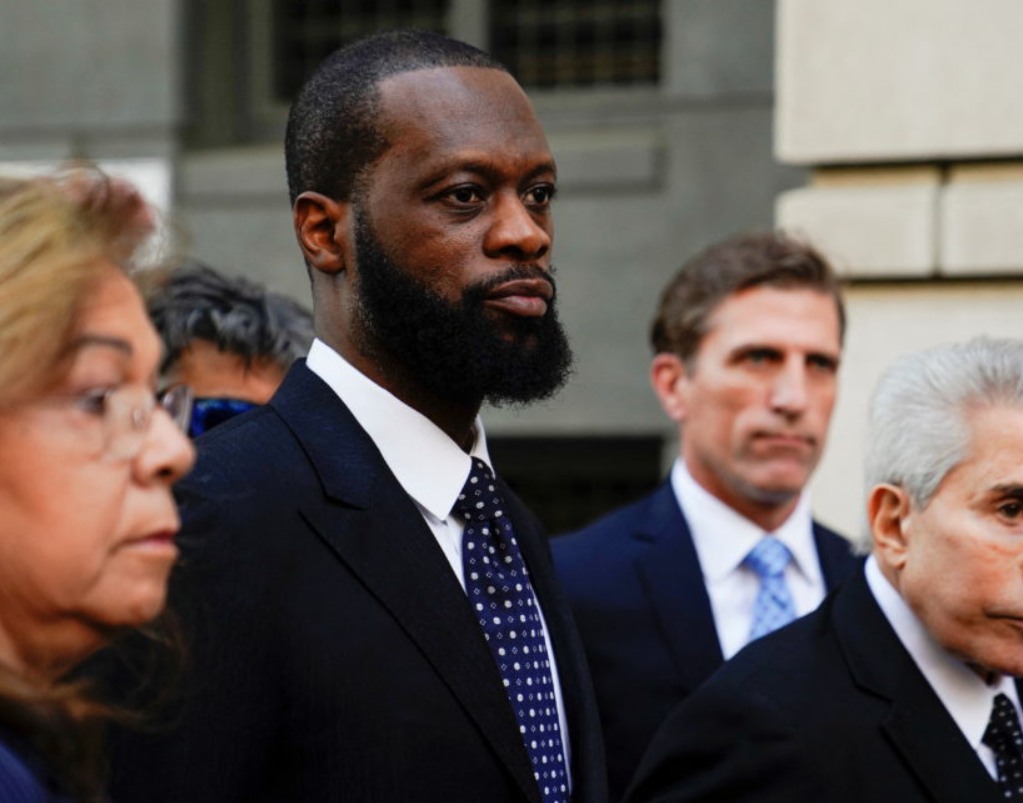
Michel’s trial attorney David Kenner used an experimental artificial intelligence program called EyeLevel.AI to draft closing arguments during the trial. Michel’s subsequent legal team filed a motion alleging the AI-generated closing argument made frivolous legal claims, misapprehended required elements of the charges, and missed critical weaknesses in the prosecution’s case.
The AI program allegedly conflated evidence from the two separate criminal schemes and provided unhelpful legal analysis to the jury.
Factual Errors in AI-Generated Legal Arguments
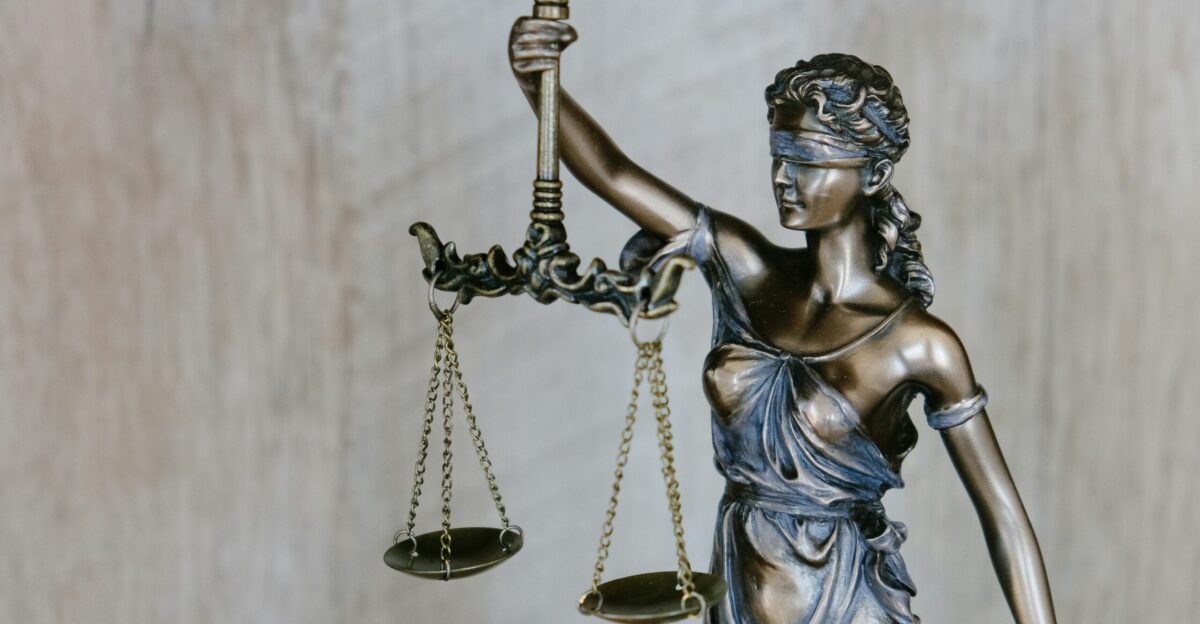
The AI-generated closing argument contained a significant factual error, incorrectly attributing song lyrics to the Fugees that actually originated from rapper Puff Daddy. This mistake raised questions about the AI program’s reliability and the defense team’s preparedness during trial presentation.
Michel’s new legal team argued the error exemplified how artificial intelligence failed the defense strategy in critical moments.
Judicial Rejection of New Trial Motion
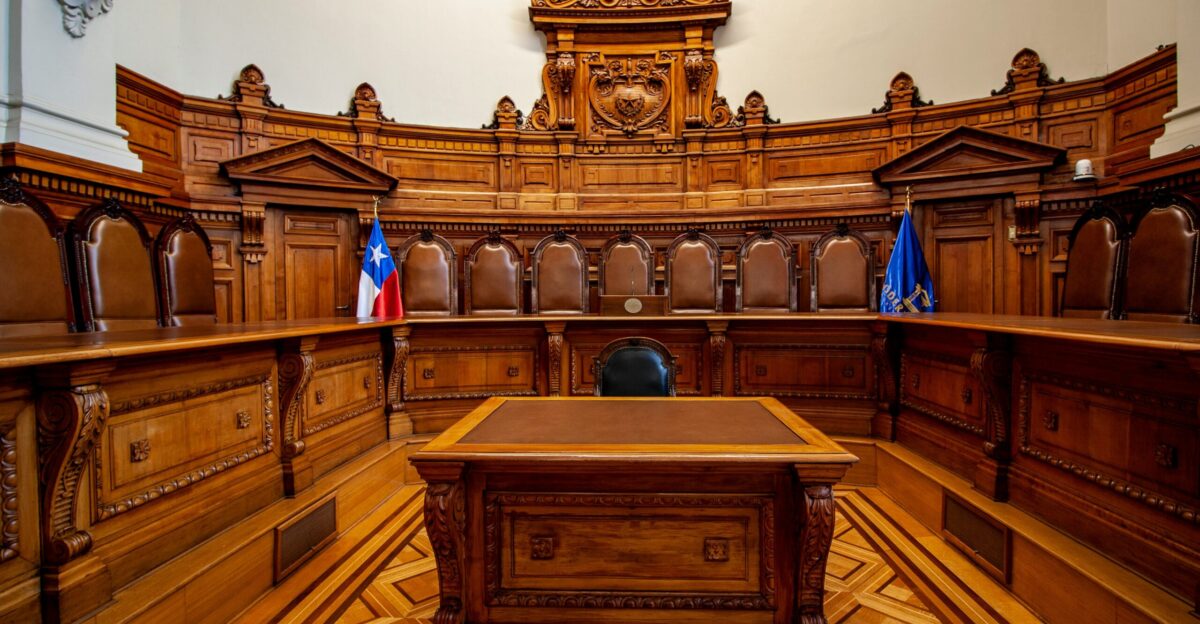
In August 2024, Judge Colleen Kollar-Kotelly denied Michel’s motion for a new trial based on the AI-related allegations and claimed ineffective assistance of counsel. The judge determined Michel failed to demonstrate that the AI usage constituted ineffective assistance meeting constitutional standards.
The ruling found that Michel did not prove the outcome would have differed without the AI-generated closing arguments being presented.
Trump Connection and Potential Pardon Speculation
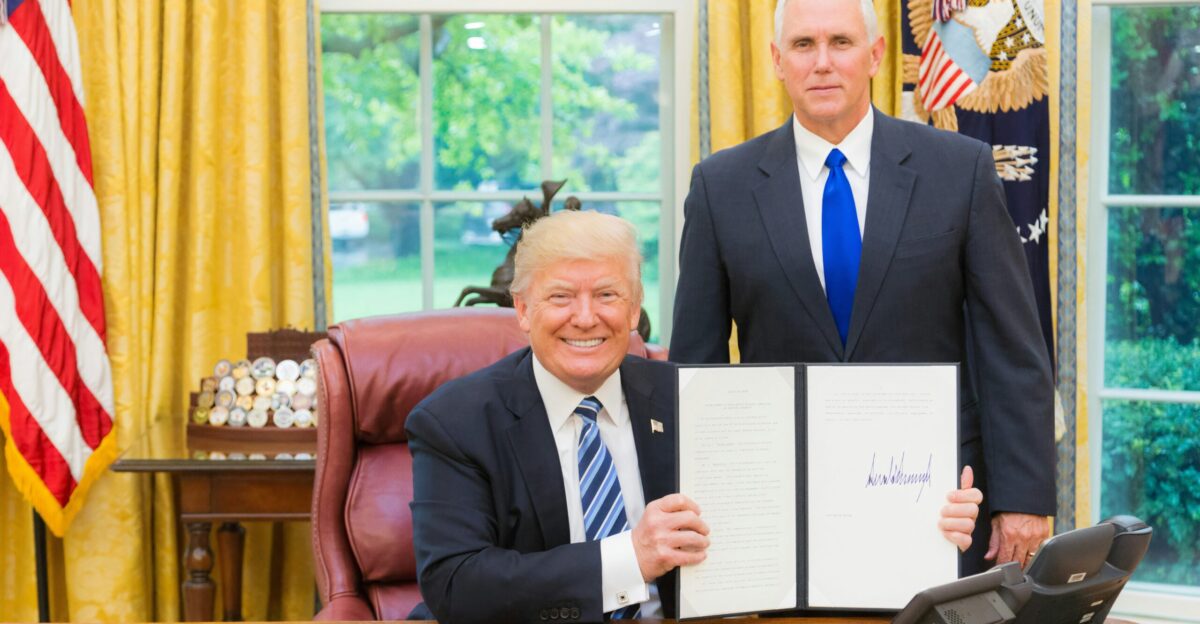
In January 2025, reports emerged that President Donald Trump was considering a pardon for Michel, drawing on a personal connection spanning nearly three decades. Trump had made a cameo appearance on Michel’s 1998 solo album “Ghetto Supastar,” providing a voice endorsement of Michel’s career prospects.
Michel’s clemency attorney, Adam Katz, previously represented Rudy Giuliani and Steve Bannon, having secured commutations during Trump’s first term.
Legacy and Unresolved Questions
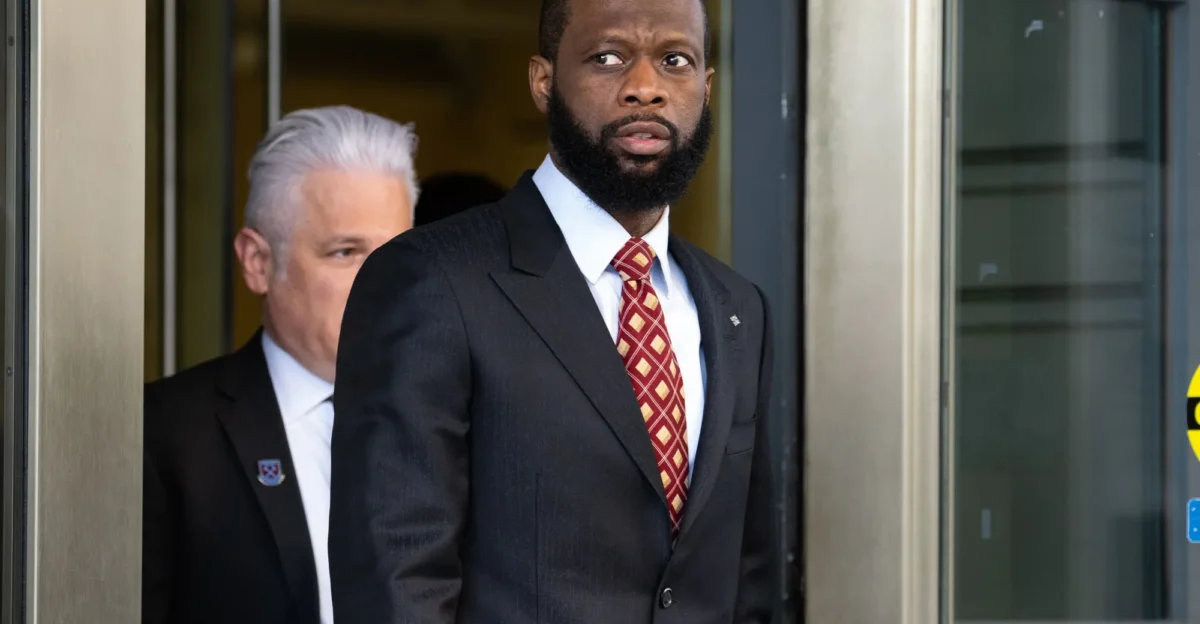
Michel’s conviction and November 2025 sentencing conclude one chapter of the sprawling 1MDB scandal while leaving broader questions unresolved about foreign influence penetration in American politics and FARA enforcement consistency. The case demonstrates how foreign wealth can infiltrate American political systems while illustrating sentencing disparities within the federal justice system.
As Michel prepares to surrender on January 27, 2026, his pending appeal will test whether the 14-year sentence withstands appellate scrutiny, potentially influencing future foreign influence prosecutions nationwide and establishing precedent for FARA cases.